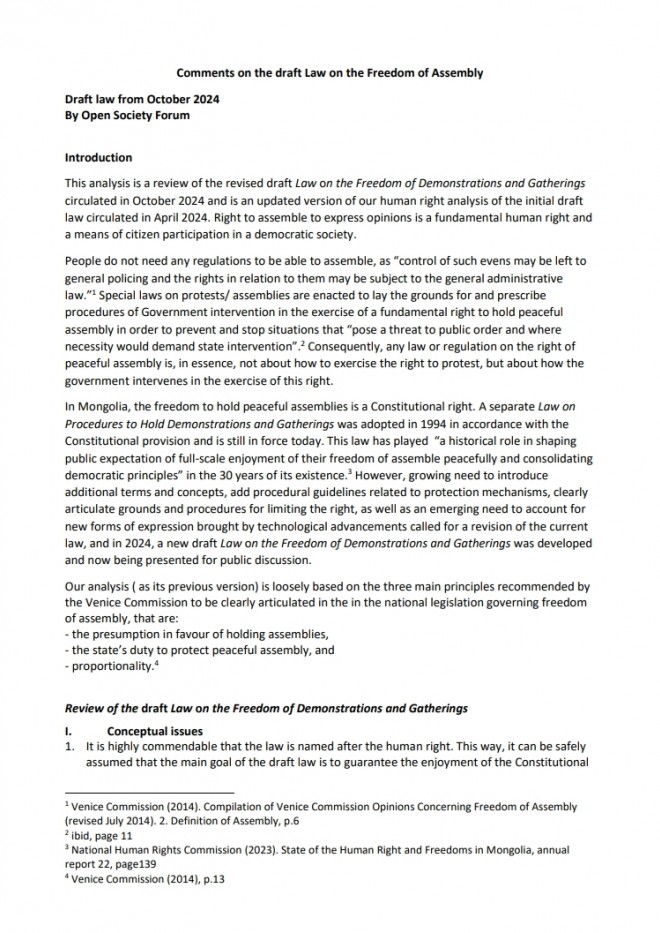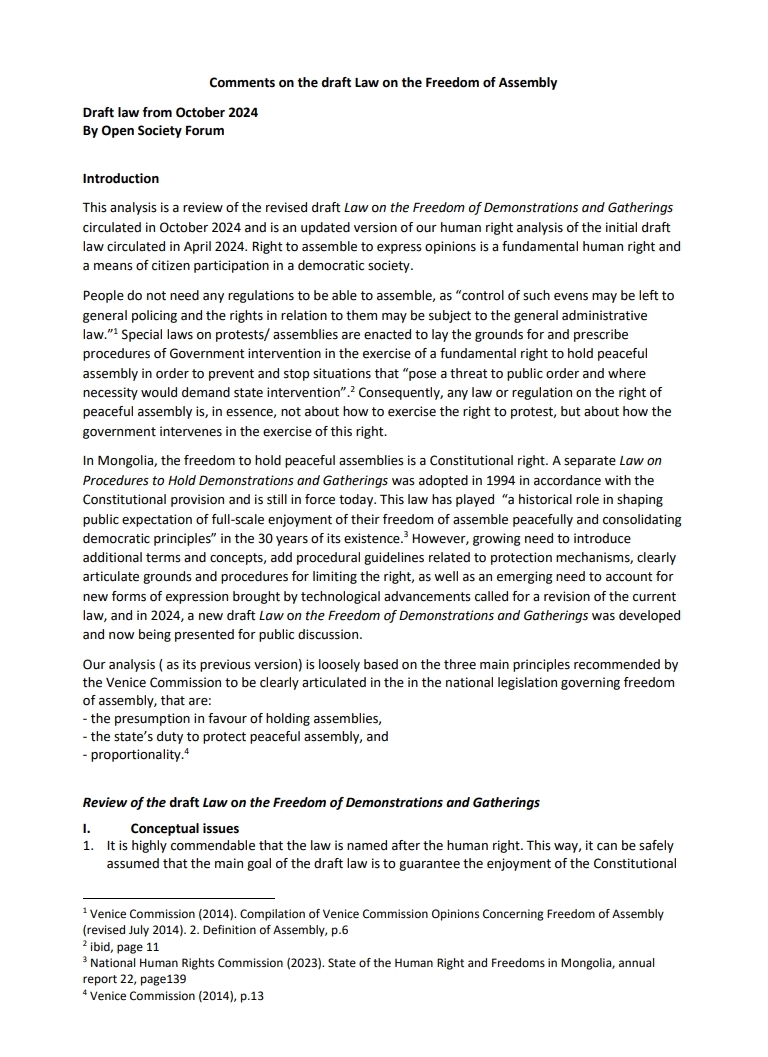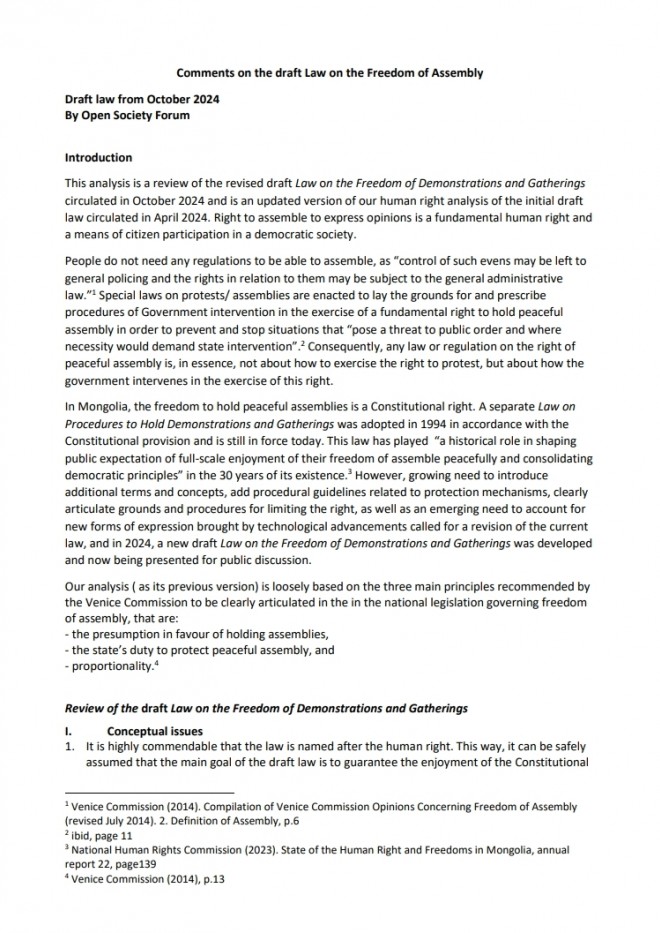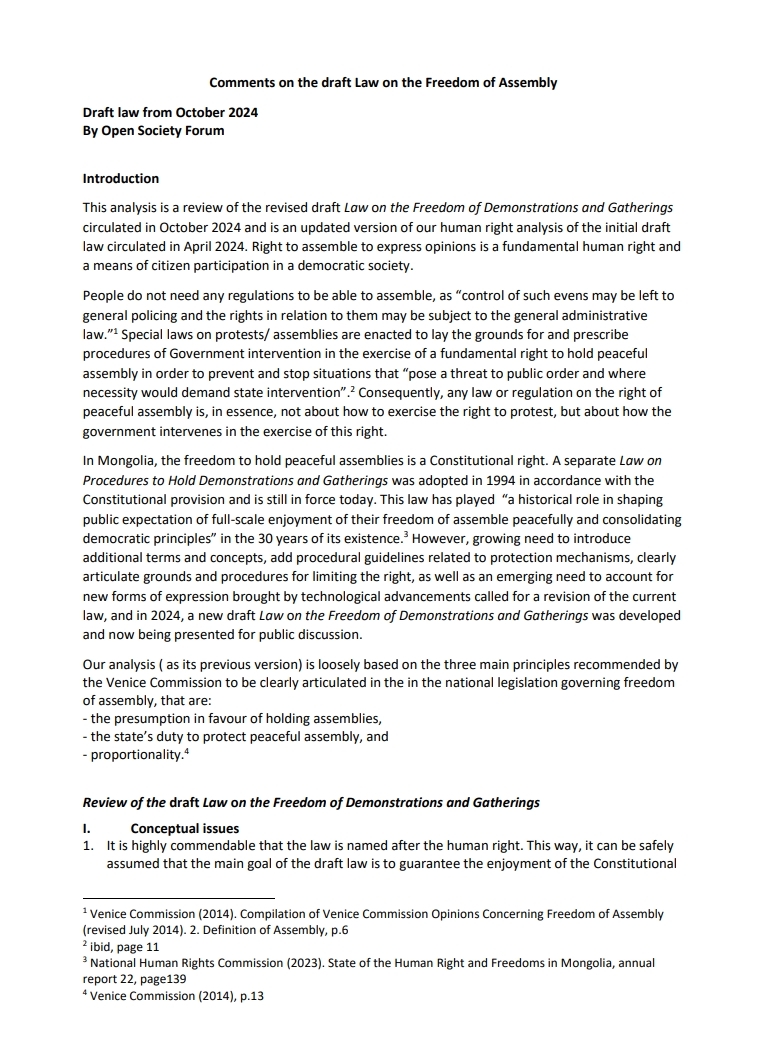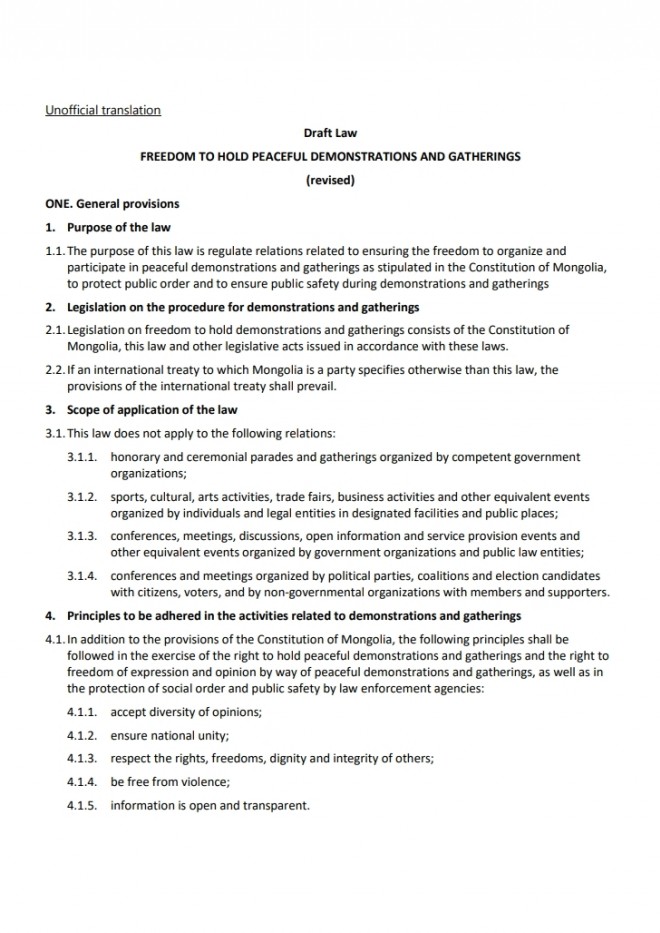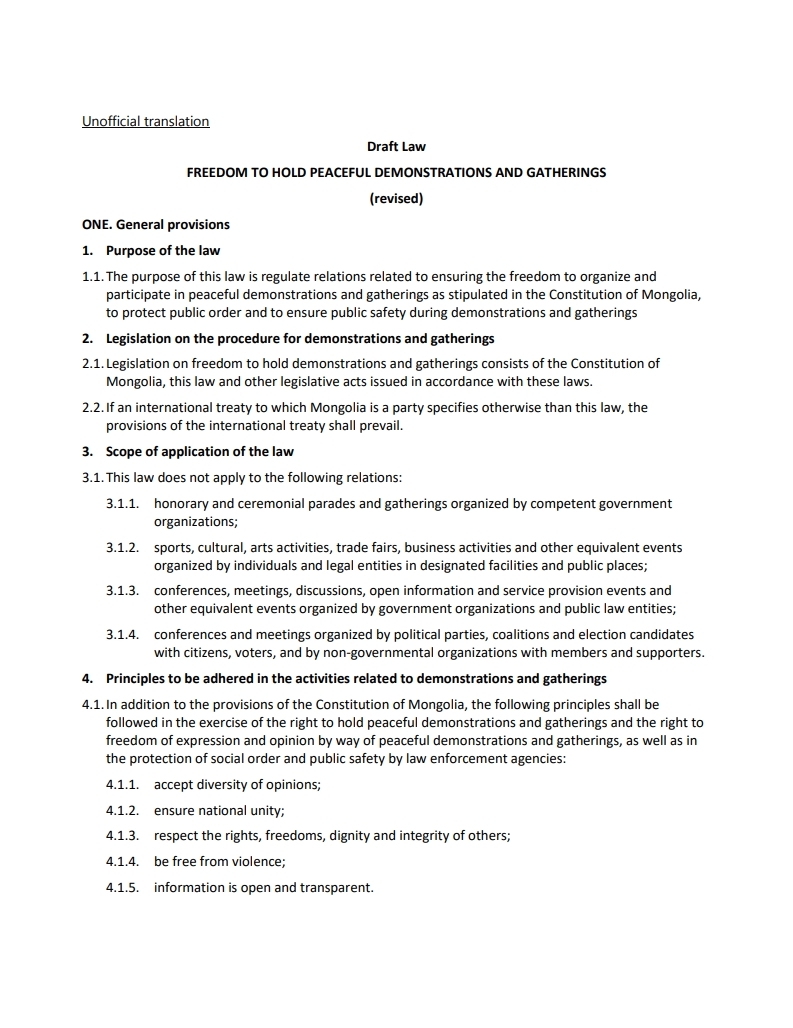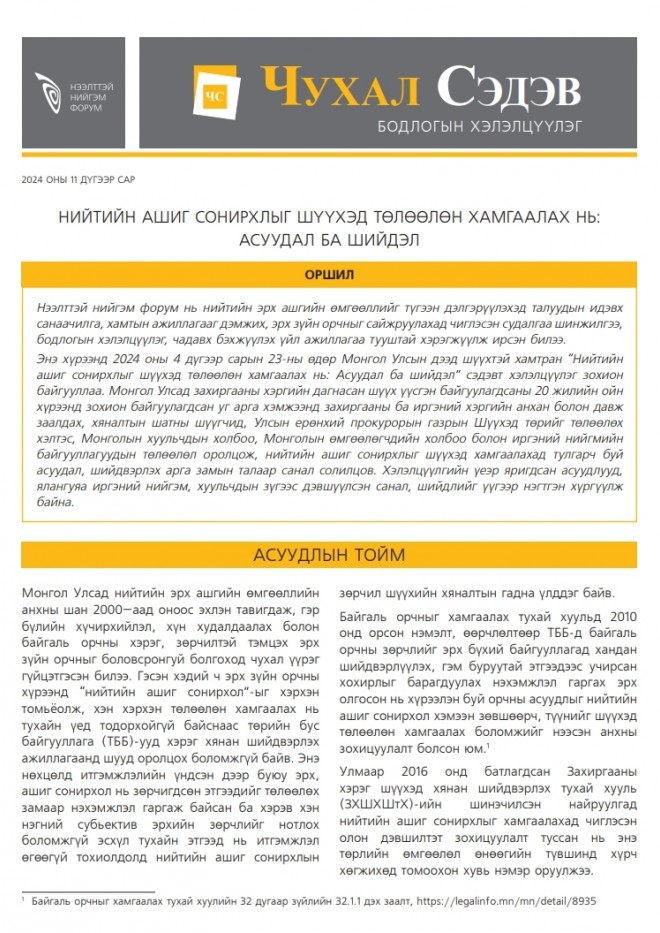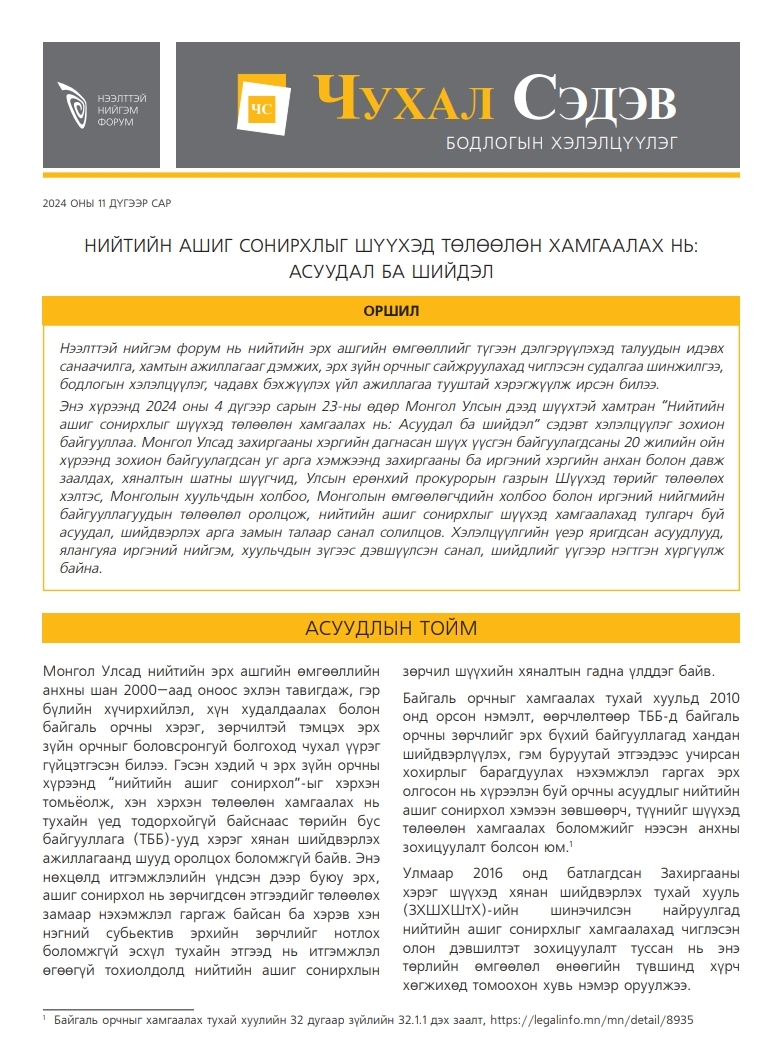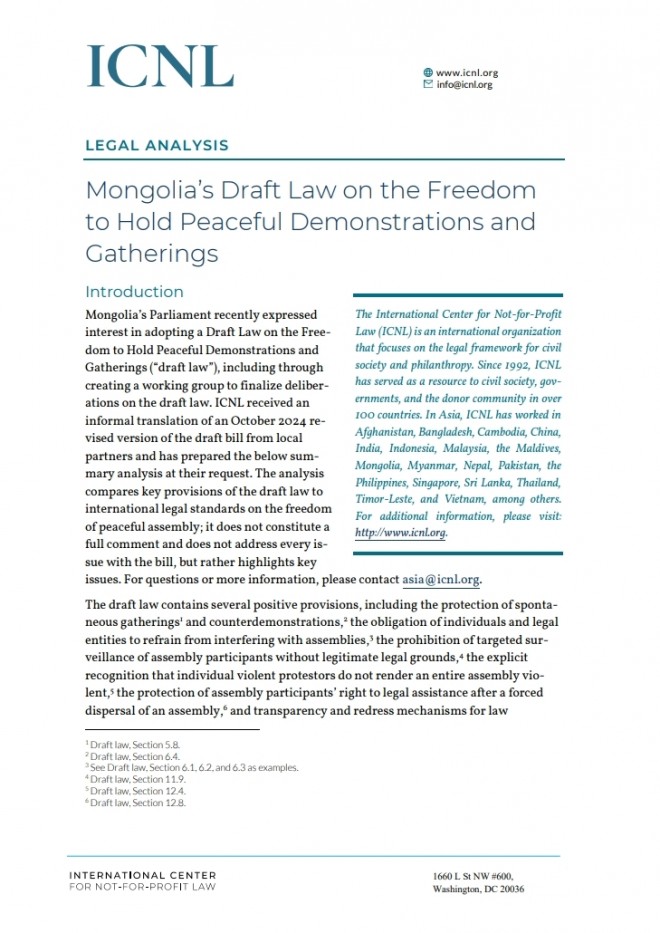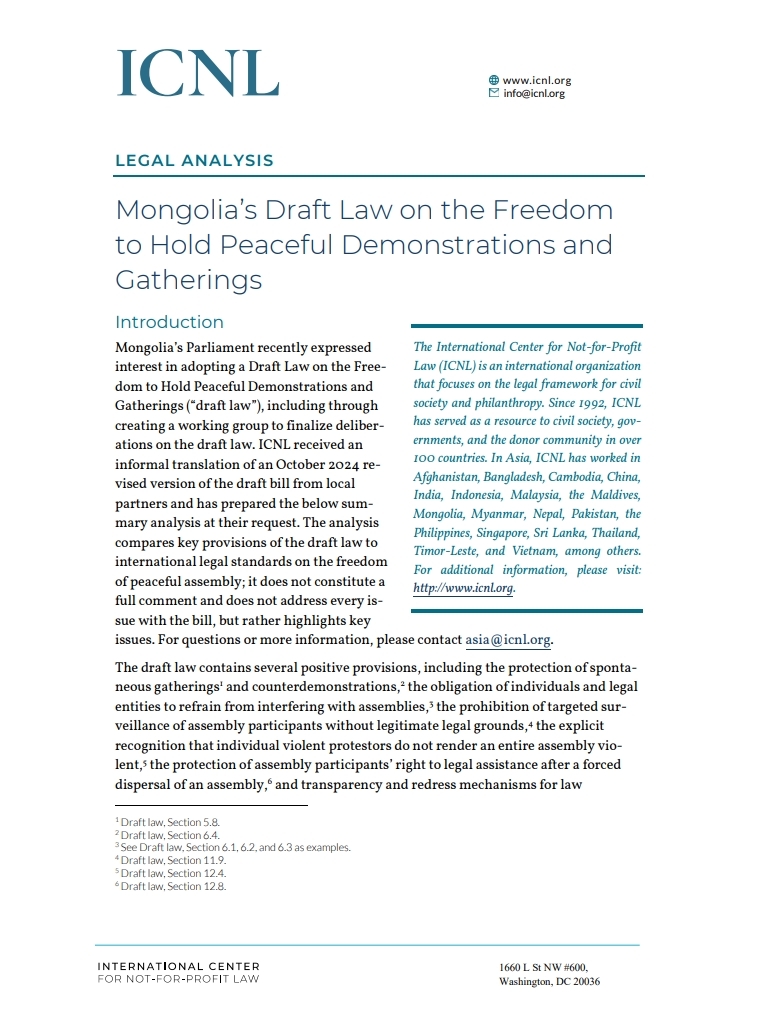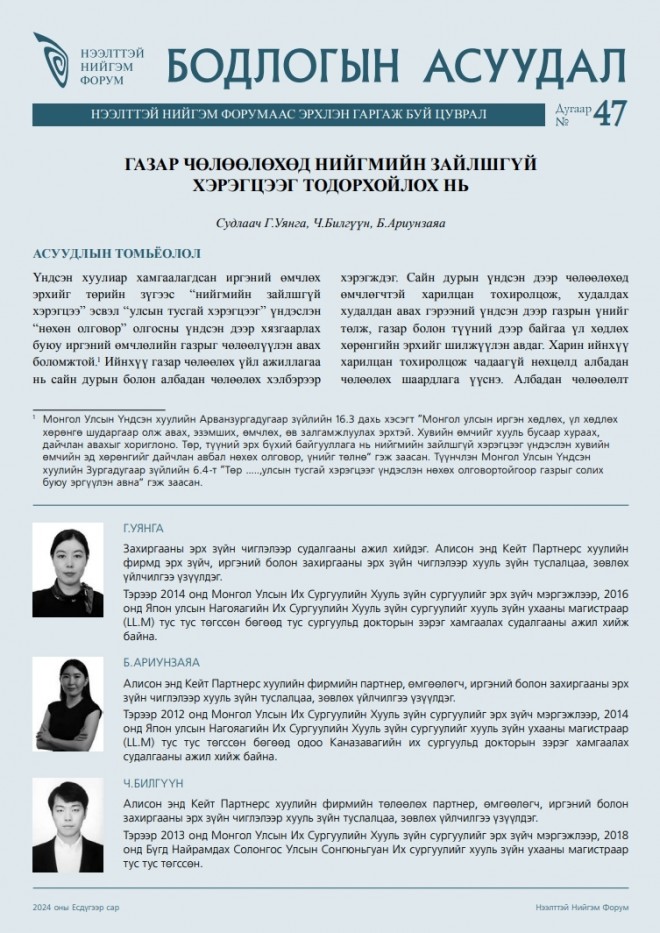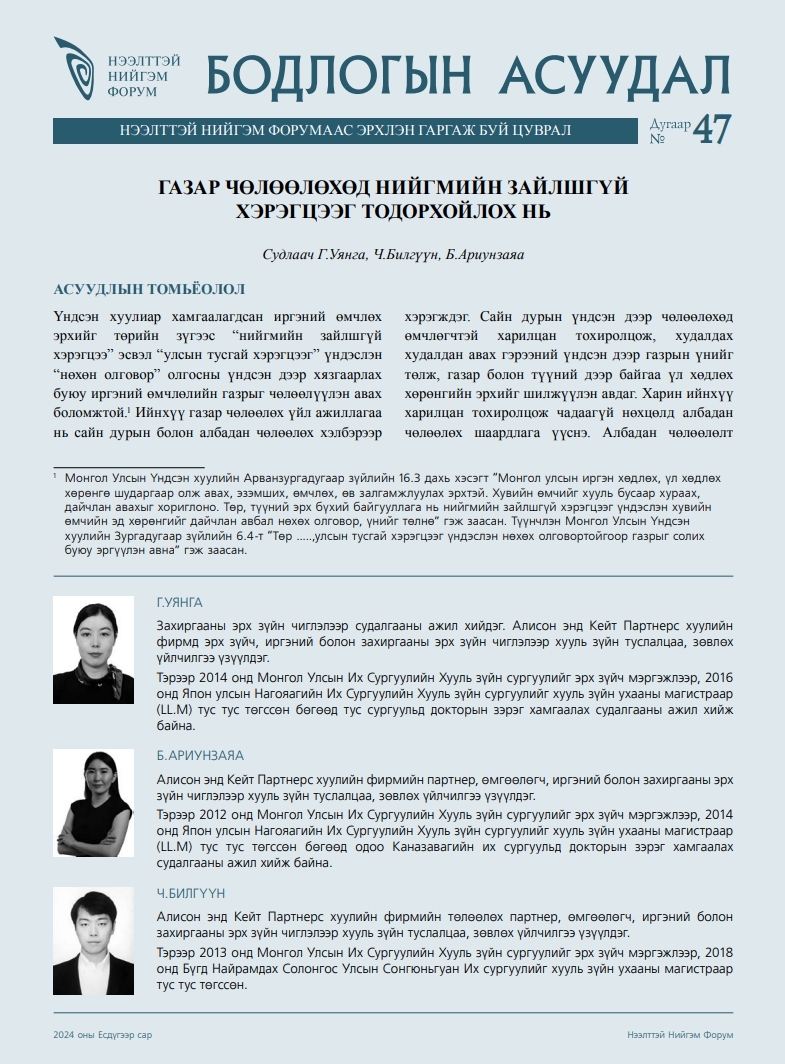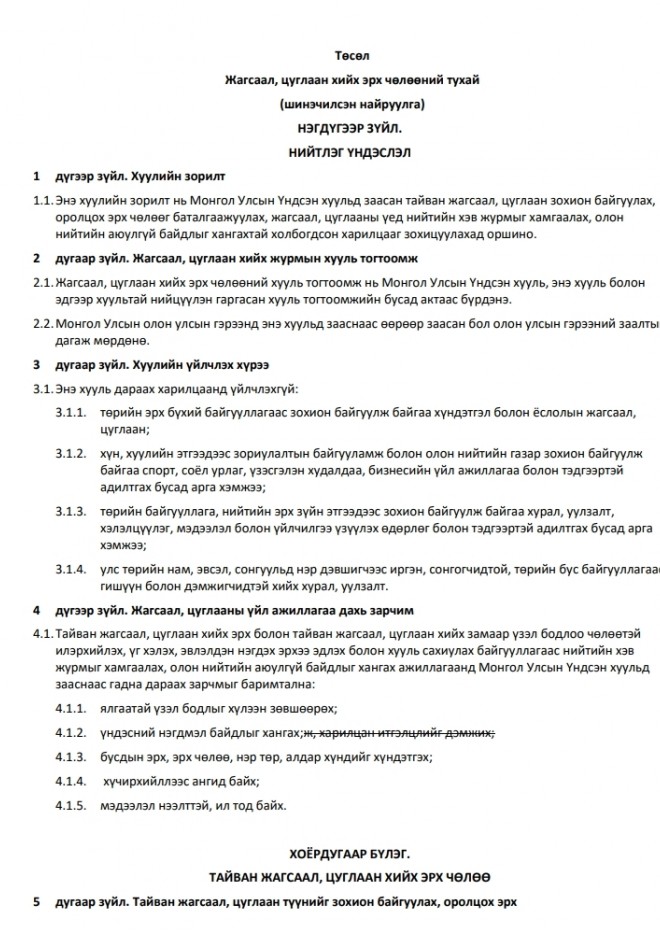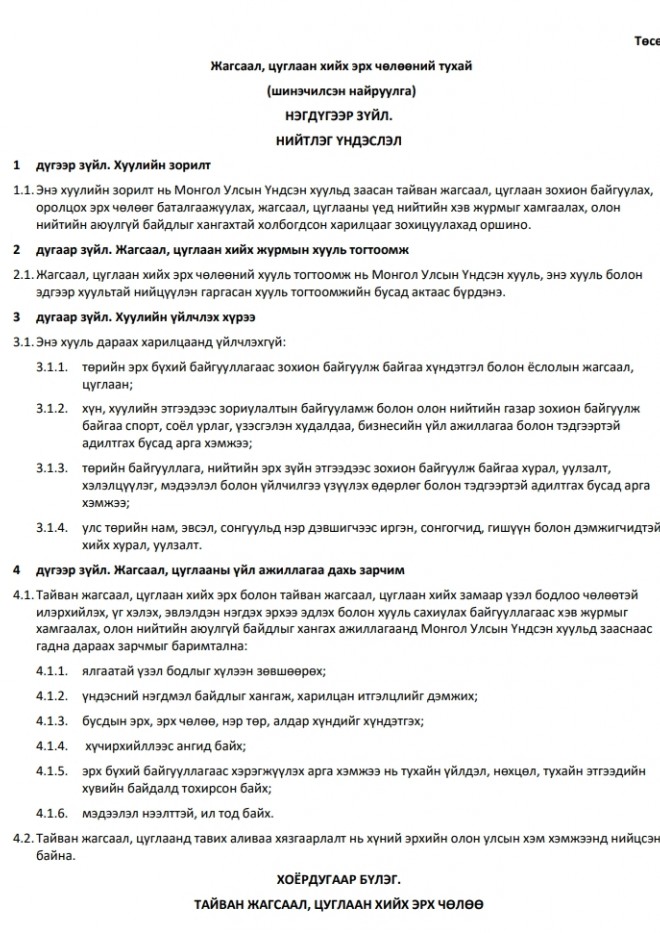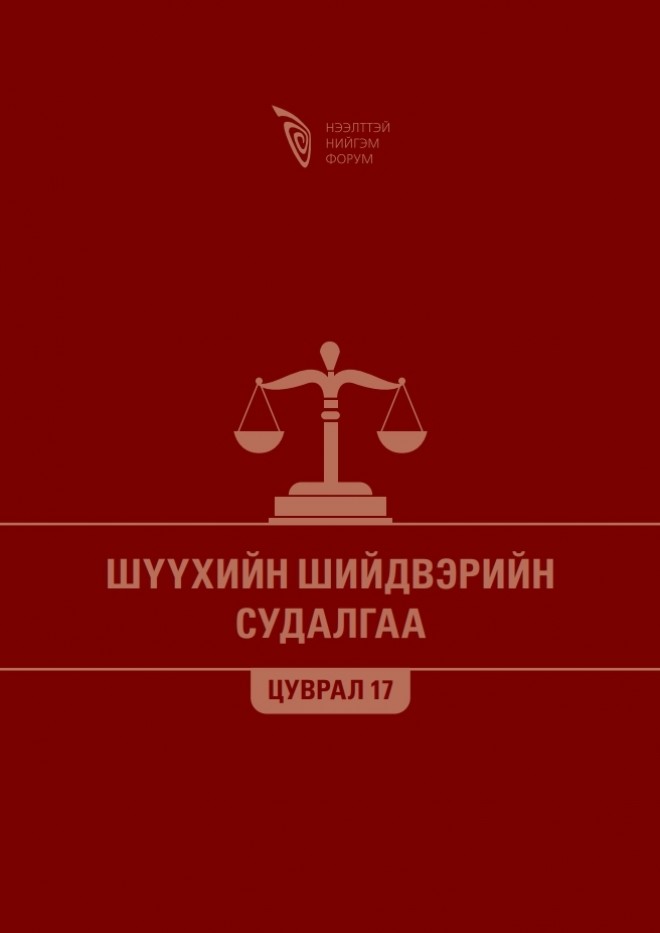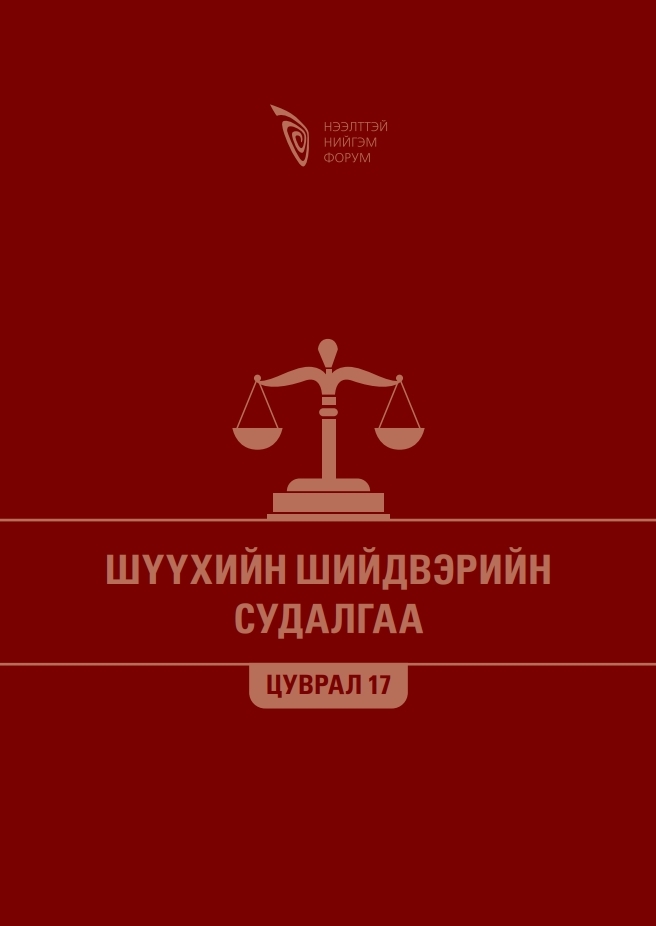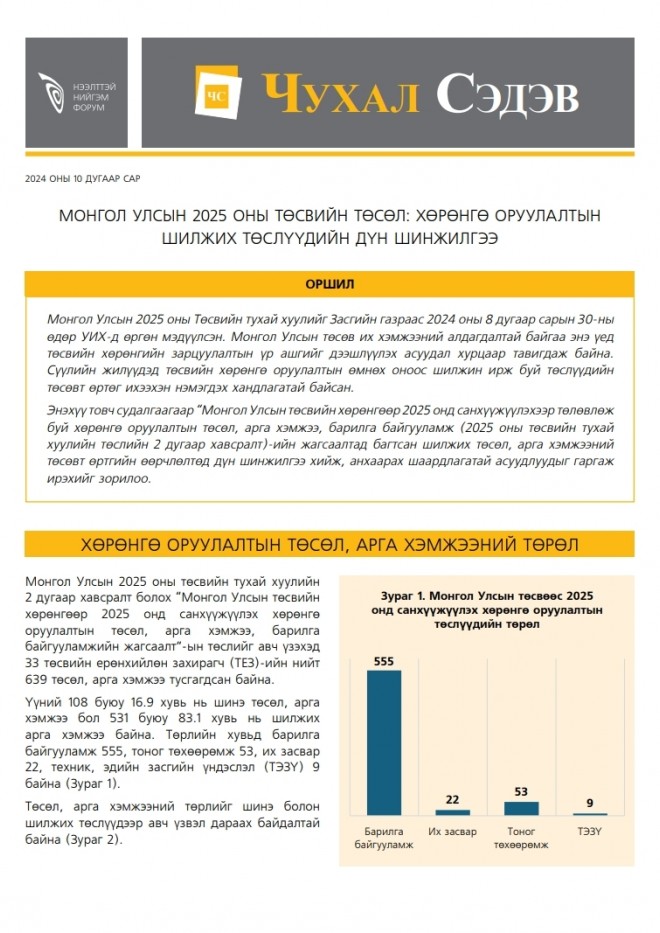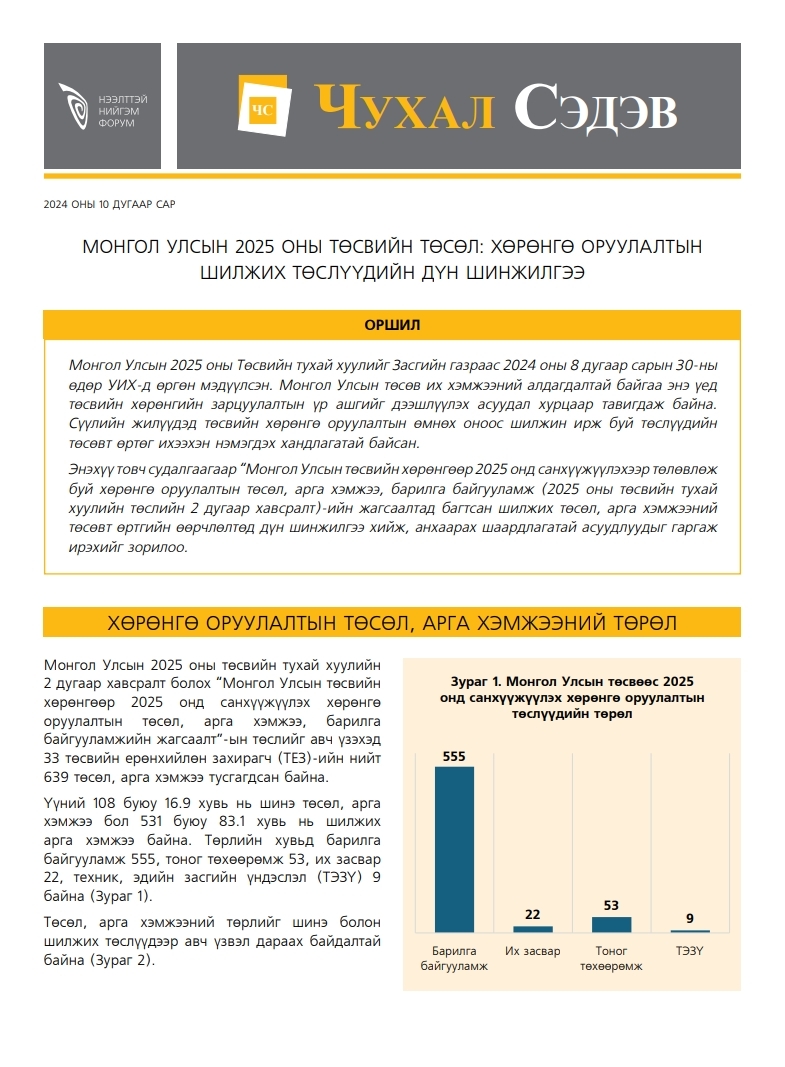It is of great practical importance to understand land reform in the sense of not only ownership reform, but in the broader sense of land usage patterns which are based on the whole spectrum of property rights down to possession and various land usage riiihts, whether formal or informal. In this sense land reform inevitably includes changes in organisation of farming. In an agrarian society land ownership and farm oruanisation form the basis of the overall economic, social and political structure and determine a great, if not the most, part of it. The concept of land ownership and the transfer or sale of land rights are basically foreign in Mongolia. This was due partly to the traditional mentality of Mongolians to freely use pasture resources and partly to the principle of communist economic system in Mongolia which rejected any private ownership of all means of production including natural resources. However, as Mongolia progresses towards a market economy, the inclination to buy and sell real state for personal or business purposes becomes increasingly apparent.

Түр хүлээнэ үү


